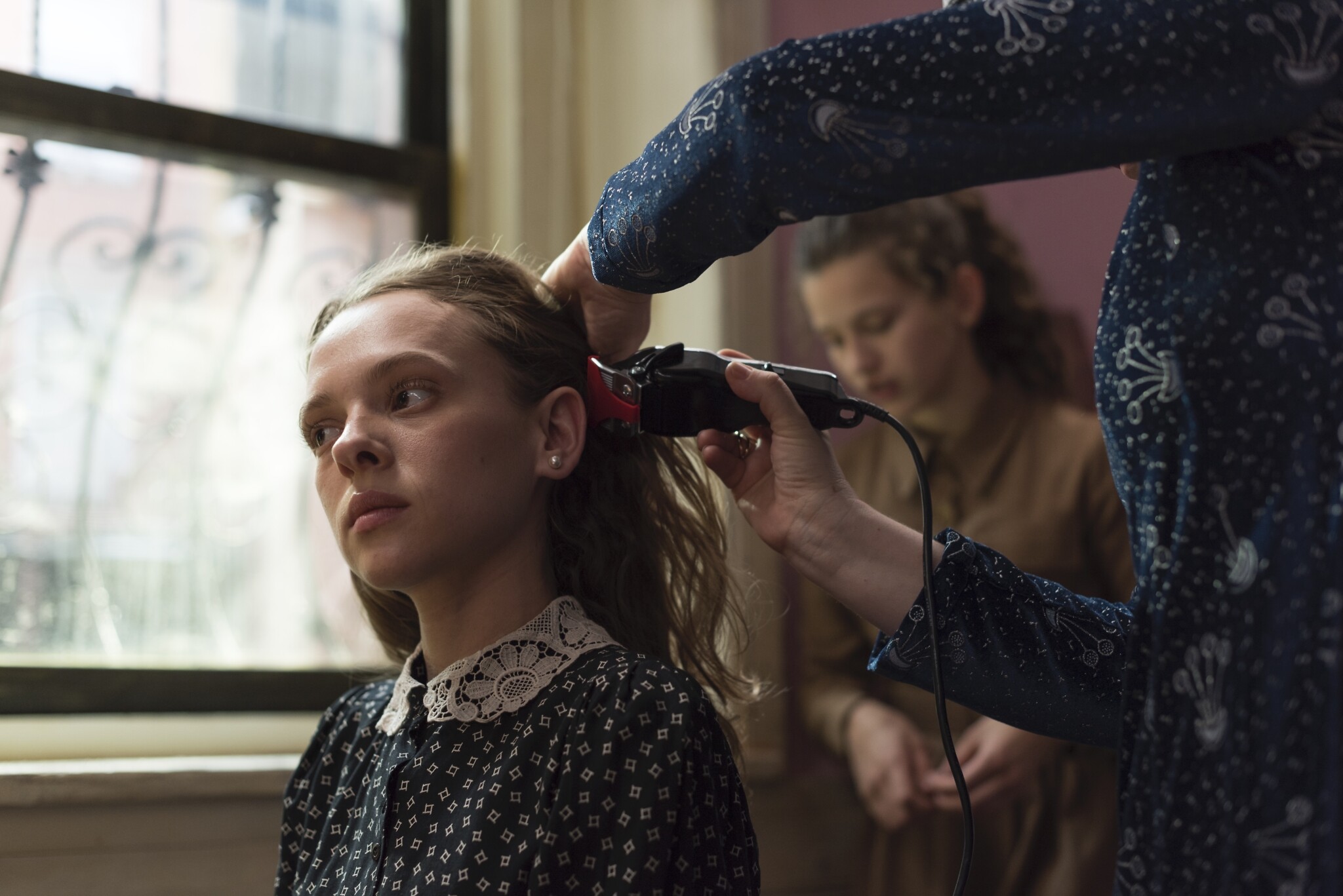“I don’t speak because I have the power to speak; I speak because I don’t have the power to remain silent.” Rav Kook z"l
Thursday, July 9, 2020
Deborah Feldman's Story That WasTold In The Hit "Unorthodox" Reveals Ex-husband ALSO Left the Community- and They Now Have a 'great relationship'
Sunday, February 26, 2012
The Liar Deborah Feldman Exposed!
“He did everything and anything for her, but she never appreciated anything no matter what he did,” Berkowitz insisted. “She lacked happiness. Nothing was good enough for her.”
Friday, February 17, 2012
Deborah Feldman's book of lies?
Hella Winston reports in the Jewish Week:
The story, recounted by Deborah Feldman in “Unorthodox: The Scandalous Rejection of My Hasidic Roots” (Simon and Schuster), involves the alleged mutilation and murder of a boy by his own father — supposedly for masturbating — and the subsequent cover-up of the crime by Hatzolah, the community’s volunteer ambulance service.
The only problem, however, is that based on information obtained by The Jewish Week, the seems not be true.…
Further, a death certificate obtained by The Jewish Week indicates that the death — which it noted occurred in a “storeroom” on a Friday afternoon in Kiryas Joel around the approximate date Feldman’s blog alleged — was ruled a suicide by coroner Thomas A. Murray, and lists the cause of death as “partial decapitation, severed carotid arteries due to circular saw.” The deceased’s age was listed as 20.
Several e-mails to Feldman and her publisher, Simon and Schuster, seeking comment did not receive a response.
Tuesday, February 7, 2012
Chassidishe Lady, Deborah Feldman, goes "off the derech" and writes her story in a book
Read more: http://www.nypost.com/p/entertainment/was_hasidic_jew_but_broke_free_IeRSVA4eX8ypg4Ne8cBdSK#ixzz1lhwnnqgX
Monday, March 23, 2020
Young NY Hasidic woman reboots life in secular Berlin in Netflix’s ‘Unorthodox’
Airing March 26, the unprecedented German-produced, based-on-true-life, mini-series in Yiddish is powered by Israeli actress Shira Haas and an explosive female creative team

Thursday, May 7, 2020
Judge Freier responds to Netflix's 'Unorthodox' ....
Wednesday, May 23, 2012
What Women's Media Needs to Know About Chassidic Women
Sunday, May 3, 2020
'Unorthodox Star' Shira Haas sings Hallelujah in previously unseen audition video
Monday, March 15, 2021
New Netflix show follows ex-Charedi fashion designer Julia Haart Former Monsey Girl
Netflix’s stream of Orthodox Jewish-themed content isn’t stopping anytime soon.
The streaming giant is producing “My Unorthodox Life,” a documentary series about Julia Haart, a prominent US fashion designer raised Talia Leibov in an ultra-Orthodox home, Hello! magazine reported Wednesday.
Soon after marrying at 19, Leibov left her Monsey Jewish community and founded a successful luxury shoe company. In 2016, she became the creative director for the Italian luxury fashion brand La Perla and in 2019 became the CEO of the international Elite Model Management agency. She’s also known for helping design a dress made out of crystals for top model Kendal Jenner.
The Netflix description of the series reads:
Since taking the reins of a global talent empire, Haart has been on a mission to revolutionise the industry from the inside out – all while being a mother of four. Her children include a TikToker, an app designer, a lawyer, and a high schooler torn between two conflicting cultures, and Haart helps them reconcile their Orthodox upbringings with the modern world. My Unorthodox Life takes you on a journey through Julia Haart’s untamed, unpredictable, and unorthodox life.
Netflix’s series “Unorthodox,” based on Deborah Feldman’s memoir about leaving her ultra-Orthodox community in Brooklyn, was wildly successful and earned multiple award nominations. The platform has several other Orthodox-themed offerings, including “Shtisel” and the 2017 film “Menashe,” filmed in Yiddish in a Haredi neighborhood.
THANKS SO MUCH,, IT MEANS THE WORLD TO US IN THESE DIFFICULT TIMES
Friday, February 17, 2012
Deborah Feldman on "The View" Video
Thursday, May 24, 2012
Egyptian Writer speaks out on Whats Really Happening to Women in Arab Countries! Video
 |
| Mona Eltahawy |
Deborah Feldman talks about women being oppressed in the Chassidic Circles,
She has no clue what oppression really is ... see Video






